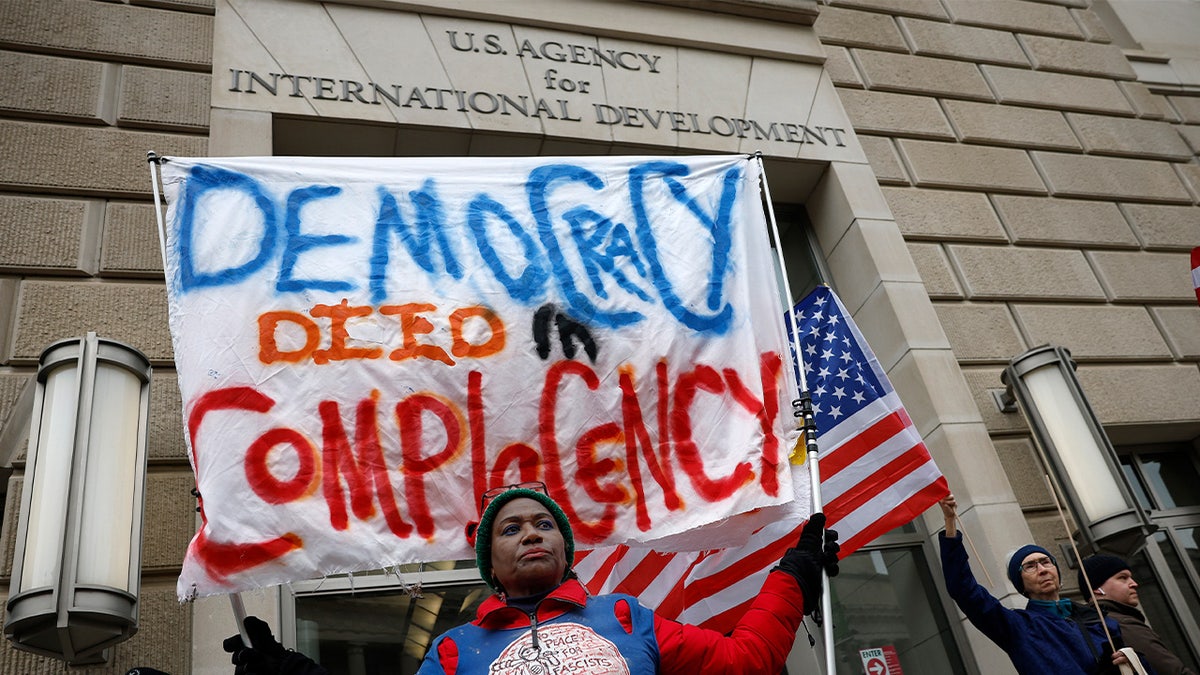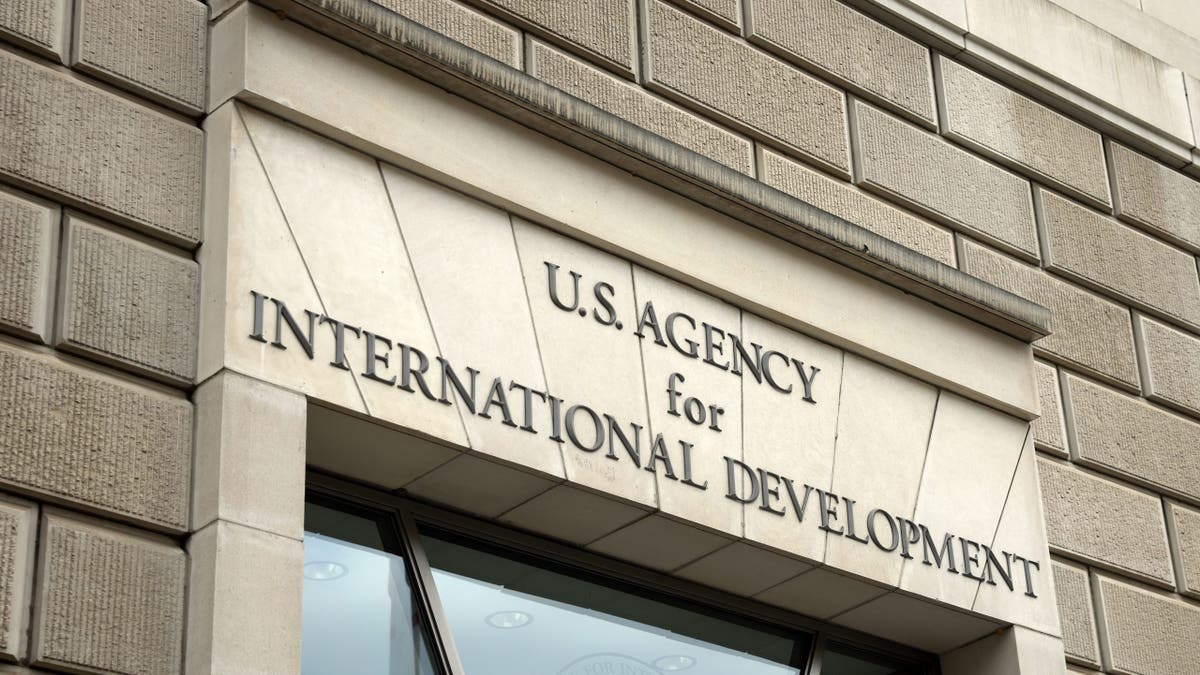Columbia Journalism Review worries USAID freeze will hurt independent journalism abroad

A prominent Ivy League publication is concerned that recent turmoil involving the U.S. Agency for International Development (USAID) could have major consequences for independent journalists around the world.
Reporting on the “tentacular influence” of Department of Government Efficiency (DOGE) head Elon Musk and his “minions” within the federal government, the Columbia Journalism Review (CJR) suggested that the gutting of USAID funding “doesn’t seem especially smart” in light of the Trump administration’s foreign policy goals.
On Sunday, Musk claimed on X, “USAID has been paying media organizations to publish their propaganda.” Meanwhile, CJR noted, critics on the left characterized efforts to “promote democracy” through media funding as an example of “ineffective liberal do-goodery at best” and an “insidious smoke screen at worst.”
The magazine admitted that while USAID funding to journalism around the world should be subject to scrutiny, the freezing of dollars to support independent media could have a significant impact on reporters covering geopolitical interests.
POLITICO PAYS EMPLOYEES LATE; STAFFERS BELIEVE ELON MUSK’S CRACKDOWN ON GOVERNMENT SPENDING PLAYED A ROLE
Elon Musk, Donald Trump and a USAID flag. (Getty Images)
“China and Russia have not been shy about exporting propaganda across the world and seeking to co-opt journalists on the ground into bolstering it. We shouldn’t want a US equivalent, of course—but truly independent journalism can shine a light through this sort of behavior, and through the workings of autocrats more broadly, in ways that are good for the truth and for U.S. strategic goals,” journalist Jon Allsop wrote for CJR.
As referenced by CJR, Reporters Without Borders (RSF) said the USAID aid freezes may have put a hold on $268 million earmarked for the funding of “independent media and the free flow of information” in 2025.
USAID has previously reported that their funding supports more than 6,000 journalists, approximately 700 newsrooms and almost 3,000 civic society groups across 30 odd countries.
RSF said the full impact of the freeze is hard to quantify as recipients of the funding fear risking future aid or political retribution if they speak out.
The non-profit also claims that troubles at USAID may have severe consequences for Ukrainian journalists—where 90 percent of news organizations rely on USAID funding for operations.
TOP DEM STRATEGISTS WARN USAID FUNDING FIGHT IS A ‘TRAP’ FOR THE PARTY

Employees and supporters gather to protest outside the U.S. Agency for International Development (USAID) headquarters on February 3, 2025, in Washington, D.C. (Photo by Kevin Dietsch/Getty Images)
The editor-in-chief of the Kyiv Independent, Olga Rudenko, said last week that the freeze “has caused harm to independent Ukrainian journalism on par with the COVID-19 pandemic and the onset of Russia’s full-scale war.”
CJR also pointed to consequences for journalists from Belarus, Cambodia, Iran, Moldova and Myanmar, including reports “the freeze has plunged [one] outlet into uncertainty exactly four years on from a brutal coup that forced Myanmar’s independent media into exile or underground.”
The support of USAID grants for independent journalists has been widely reported in the last several years. A profile of the agency posted on Medium stated that “supporting independent media has been part of USAID’s democracy and governance assistance efforts since the 1980s” and that the U.S. government is currently “the largest public donor to independent media development globally.”
CLICK HERE FOR THE LATEST MEDIA AND CULTURE NEWS

Elon Musk, tech billionaire and head of the Department of Government Efficiency (DOGE), said in a social media post that he and U.S. President Donald Trump will shut down the foreign assistance agency. (Getty Images)
“Ultimately, much of the work that USAID and other donors have supported would simply cease without it, in countries where commercial revenue streams for journalism are restricted by war, authoritarianism, or simple market forces,” the Columbia Journalism Review article noted.
CLICK HERE TO GET THE FOX NEWS APP





